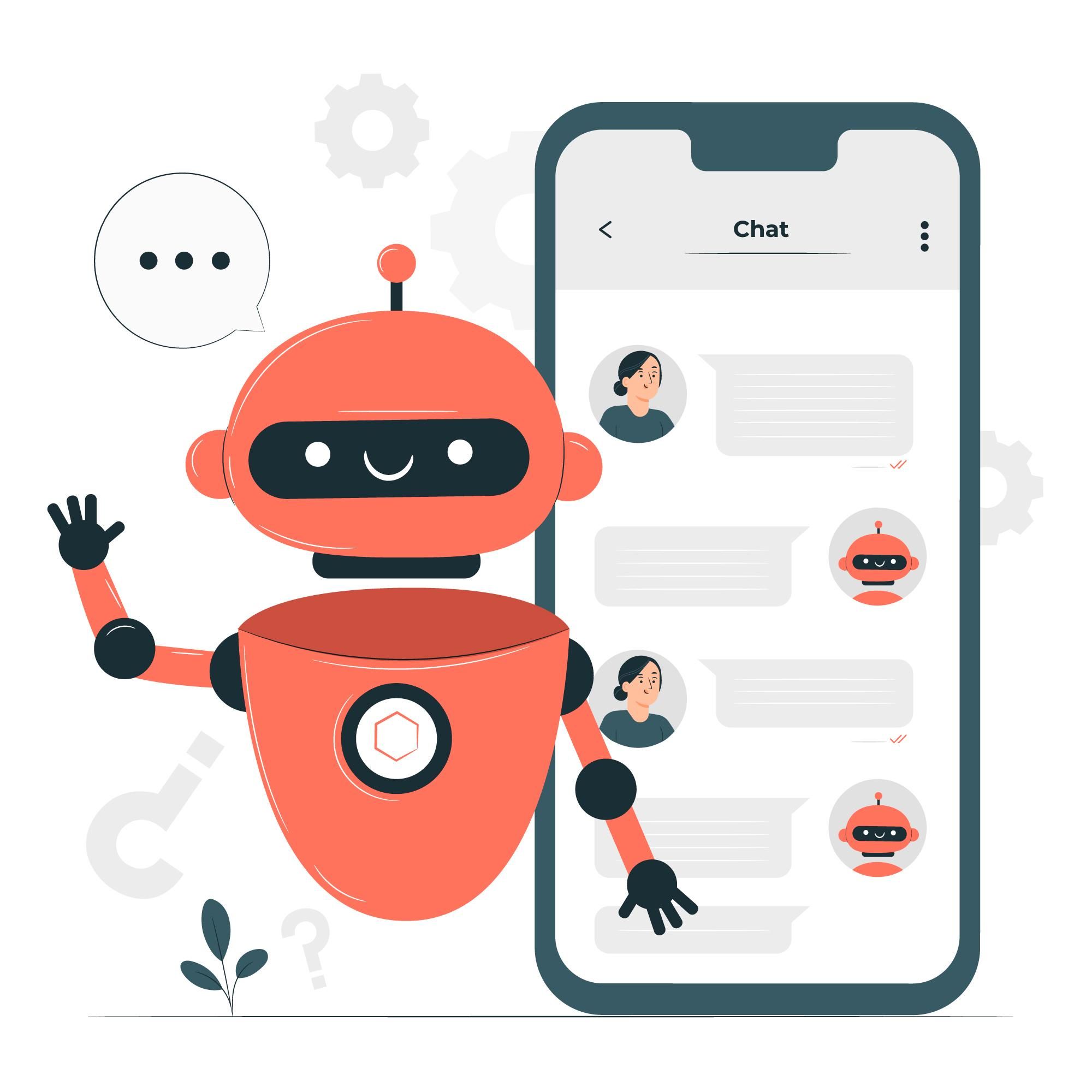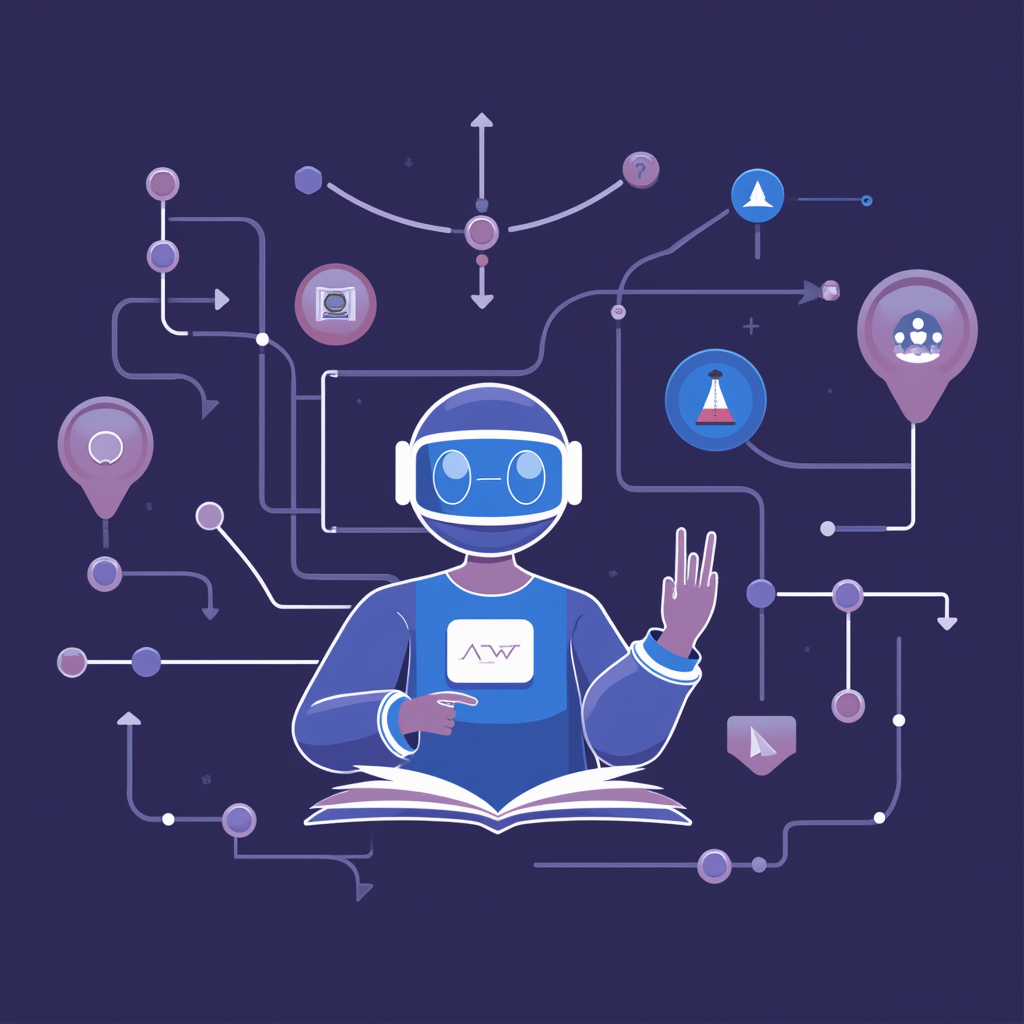
Overview of Influencer Marketing for AI Companies
Influencer marketing has become an essential strategy for AI companies looking to establish credibility, expand brand awareness, and engage with niche audiences. Unlike traditional advertising, which often struggles to communicate the complexities of artificial intelligence, influencer partnerships allow companies to leverage trusted voices that can translate technical concepts into compelling narratives.
Companies rely on trendsetters to:
-
Build trust by associating with credible industry experts.
-
Increase visibility through strategic collaborations with tech-focused influencers.
-
Enhance engagement by creating educational and informative content.
-
Drive lead generation by targeting professionals and businesses interested in AI-driven solutions.
Additionally, artificial intelligence itself is revolutionizing influencer marketing by optimizing how companies discover, evaluate, and manage influencer partnerships. AI-powered tools provide deep insights into audience demographics, engagement authenticity, and campaign effectiveness, ensuring data-driven decision-making.

The Role of AI in Influencer Marketing
Influencer Discovery
Identifying the right trendsetters is critical for companies, and AI-driven platforms streamline this process by analyzing vast amounts of social media data. These tools assess:
-
Relevance: Matching influencers based on topic alignment and audience interest.
-
Engagement Quality: Evaluating authentic interactions versus superficial likes or comments.
-
Audience Demographics: Ensuring the influencer’s followers align with the brand’s target market.
Content Creation and Optimization
Artificial intelligence enhances content creation by providing data-backed insights on performance trends. Tools like** ChatGPT, Jasper, and Canva AI **assist influencers in crafting compelling content tailored to audience preferences. Artificial intelligence also enables:
-
Content personalization by analyzing past engagement trends.
-
SEO optimization through AI-driven keyword suggestions and metadata improvements.
-
Predictive performance analysis to refine content strategies before publishing.
For brands, these insights ensure that content aligns with both brand messaging and audience expectations.
Campaign Management
AI-driven automation simplifies influencer campaign execution by handling various tasks, including:
-
Content scheduling and publishing for optimized reach.
-
Real-time performance tracking to assess engagement metrics.
-
Automated A/B testing to compare different influencer strategies.
Fraud Detection in Influencer Marketing
Fake followers and engagement manipulation remain significant concerns in influencer marketing. AI-powered tools help companies detect fraudulent activity by:
-
Analyzing follower growth patterns for suspicious spikes.
-
Assessing engagement authenticity using sentiment analysis and behavioral tracking.
-
Identifying bot-generated interactions through pattern recognition.
Predictive Analytics for Campaign Success
Artificial intelligence enables precise forecasting of campaign performance, allowing companies to allocate budgets more effectively. Predictive analytics help:
-
Determine ROI potential based on historical data and audience behavior.
-
Optimize budget distribution by identifying high-performing trendsetters.
-
Adjust strategies dynamically using real-time insights.

##Benefits of Influencer Marketing for AI Companies
Enhanced Targeting Through AI-Driven Segmentation
Artificial intelligence companies operate in niche markets, making precise audience targeting essential. Influencer marketing enables brands to analyze engagement patterns, demographics, and behavioral insights to identify the most relevant audience segments. Advanced algorithms assess factors like follower authenticity and content resonance, ensuring trendsetters' collaborations drive meaningful engagement.
Increased Efficiency With AI-Powered Automation
Manual influencer research and campaign management can be time-consuming. AI-powered platforms streamline the process by:
-
Automating influencer discovery based on relevance, engagement, and authenticity.
-
Optimizing content distribution for peak audience engagement.
-
Tracking campaign performance in real-time to adjust strategies dynamically.
These efficiencies reduce the workload for marketing teams while improving campaign scalability.
Improved ROI Through Data-Backed Strategies
Companies benefit from influencer marketing’s ability to generate high-quality leads and conversions. Analytics help brands:
-
Measure campaign effectiveness through engagement and conversion tracking.
-
Predict impact using historical performance data.
-
Optimize budget allocation by identifying the most cost-effective partnerships.
Brands using influencer analytics often see increased ROI due to data-backed decision-making.
Strategies for Effective Influencer Marketing
Identifying the Right Influencers
Selecting influencers with genuine expertise in artificial intelligence and technology ensures credibility and audience alignment. Key selection criteria include:
-
Industry expertise: A background in artificial intelligence, machine learning, or emerging tech.
-
Engagement quality: High interaction rates from a relevant audience.
-
Content alignment: Previous collaborations with AI-related brands.
Platforms such as Yoloco, Upfluence, Heepsy, and CreatorIQ assist in discovering trendsetters who match brand goals based on data-driven insights.
Leveraging Different Content Formats
Companies benefit from diverse content formats to educate and engage audiences effectively. Popular formats include:
-
Video demonstrations explaining AI functionality.
-
Blog collaborations featuring in-depth product reviews.
-
Webinars and live sessions showcasing AI applications in real-time.
Artificial intelligence and LLMs like Jasper and ChatGPT help influencers refine their messaging to ensure consistency with brand narratives.
Data-Driven Campaign Optimization
Analytics platforms track influencer performance in real-time, helping brands refine their campaigns based on key performance indicators (KPIs) such as:
-
Engagement rates (likes, comments, shares).
-
Click-through rates (CTR) for AI product links.
-
Conversion rates tied to influencer-driven traffic.
Machine learning models analyze these metrics to provide actionable recommendations, ensuring continuous campaign improvement.
Balancing AI Automation With Human Authenticity
While artificial intelligence enhances personalization, maintaining authenticity is crucial. Audiences value genuine influencer endorsements, so brands should:
-
Ensure creative freedom to maintain authenticity.
-
Use AI for personalization without making content feel robotic.
-
Prioritize real engagement over vanity metrics.

Challenges in Influencer Marketing for AI Companies
Technical Complexity: Educating Influencers on AI Products
Artificial intelligence concepts can be complex, making it essential to educate influencers on product functionality and real-world applications. Brands should provide:
-
Simplified explanations to help influencers communicate AI benefits clearly.
-
Hands-on access to AI tools for authentic demonstrations.
-
Expert support to guide trendsetters on technical aspects.
Regulatory Compliance in AI Marketing
AI-related marketing must align with data privacy laws and advertising standards. Influencer partnerships should:
-
Disclose sponsorships transparently to comply with FTC regulations.
-
Avoid misleading claims about AI capabilities.
-
Ensure compliance with GDPR and other data protection laws.
Audience Skepticism: Building Trust Through Transparency
Many consumers remain skeptical about AI due to concerns about ethics and automation bias. To build credibility, AI companies should:
-
Use real-world case studies to demonstrate AI’s impact.
-
Partner with trusted experts to validate claims.
-
Encourage influencers to share genuine experiences instead of scripted promotions.
High Costs: Budget Considerations for AI Influencer Campaigns
Influencer partnerships can be costly. To maximize budget efficiency, brands should:
-
Leverage micro-influencers who have engaged, niche audiences.
-
Use AI analytics to measure ROI before scaling investments.
-
Focus on long-term collaborations instead of one-off promotions.
Long Sales Cycles: Managing Extended Adoption Timelines
AI solutions often have longer sales cycles due to high costs and integration complexity. To maintain audience interest, brands should:
-
Implement multi-phase campaigns with ongoing influencer engagement.
-
Use educational content to guide potential buyers through the decision-making process.
-
Leverage remarketing strategies to nurture leads over time.

Future Trends in AI Influencer Marketing
Influencer Selection
Artificial intelligence is transforming how brands identify and vet influencers. Traditional selection methods often rely on follower counts and engagement rates, but AI-driven tools leverage machine learning to analyze:
-
Authenticity: Identifying bot-driven engagement and fake followers.
-
Content Relevance: Matching influencers with AI-specific topics based on past posts and audience interest.
-
Performance Predictions: Using historical data to estimate the potential ROI of an influencer partnership.
Rise of Micro-Influencers
Large-scale trendsetters with millions of followers may not always yield the best engagement for companies. Instead, micro-trendsetters those with smaller but highly engaged audiences – are proving more effective. Benefits include:
-
Higher trust and credibility within niche AI communities.
-
Stronger engagement rates compared to celebrity endorsements.
-
Cost-effective collaborations with more personalized content.
For AI companies, collaborating with industry professionals, researchers, and tech-focused content creators ensures more meaningful audience interactions.
Generated Personalized Content
AI-driven personalization is reshaping influencer marketing by tailoring content to individual audience segments. With machine learning, brands can:
-
Analyze audience preferences to suggest content formats and messaging.
-
Automate personalized outreach for influencer-driven campaigns.
-
Optimize real-time engagement by adjusting content based on performance analytics.
Personalization tools like Jasper AI and Persado help influencers create content that aligns with AI-driven marketing strategies, enhancing campaign effectiveness.
Virtual Influencers and the Metaverse
AI-generated public persons like Lil Miquela and FN Meka are gaining traction, offering brands a futuristic marketing avenue. These digital personalities:
-
Provide full creative control over branding and messaging.
-
Ensure brand safety by eliminating risks tied to human influencers.
-
Enable Metaverse integration for AI companies exploring virtual engagement.
As artificial intelligence advances, more brands are expected to experiment with virtual trendsetters, especially in tech-related industries.
Decentralized Thought Leadership
Influencer marketing in AI is shifting towards decentralized communities. Independent researchers, open-source contributors, and artificial intelligence ethicists are becoming influential voices, driving discussions around AI advancements. Brands can engage with these thought leaders by:
-
Supporting open-source initiatives to build credibility.
-
Collaborating on research-backed content to enhance authority.
-
Engaging in industry forums and discussions for organic visibility.
Leveraging decentralized influencers strengthens brand positioning within AI innovation spaces.
Conclusion
AI is redefining influencer marketing through data-driven selection, hyper-personalization, and emerging digital personas. Companies leveraging AI-powered insights can maximize influencer partnerships for scalable growth. As machine learning continues to refine targeting, content creation, and engagement strategies, brands adopting AI-driven influencer marketing will gain a competitive edge in the evolving digital landscape.
FAQ
What is AI-powered influencer marketing?
AI-powered influencer marketing uses artificial intelligence to identify, analyze, and optimize influencer campaigns. Machine learning algorithms assess audience engagement, detect fraudulent activity, and predict campaign performance for more effective marketing strategies.
How to harness AI for influencer marketing?
Artificial intelligence can be used to automate influencer discovery, track engagement metrics, generate personalized content, and enhance campaign targeting. Tools like Yoloco, Upfluence, HypeAuditor, and CreatorIQ provide AI-driven insights to improve influencer collaboration and ROI.
What is the future of AI in influencer marketing?
The future includes enhanced personalization, increased reliance on micro-influencers, virtual influencer integration, and AI-powered fraud detection. As artificial intelligence becomes more and more complex, influencer marketing will become even more data-driven, efficient, and adaptable to shifting digital landscapes.
05.02.2025
207 article view
Similar articles
29.08.2025
Multi-Platform Influencer Strategies: Maximizing Reach Across All Channels
The digital marketing landscape has transformed dramatically, with influencer marketing emerging as a...
30.05.2025
How to Create An AI Influencer For Free for Instagram
The industry is evolving rapidly, shaped by the growing influence of AI technology. Among the most compelling...
18.04.2025
How to Start Your Own Influencer Marketing Agency
Launching an influencer marketing agency means entering one of the fastest-growing sectors in digital...